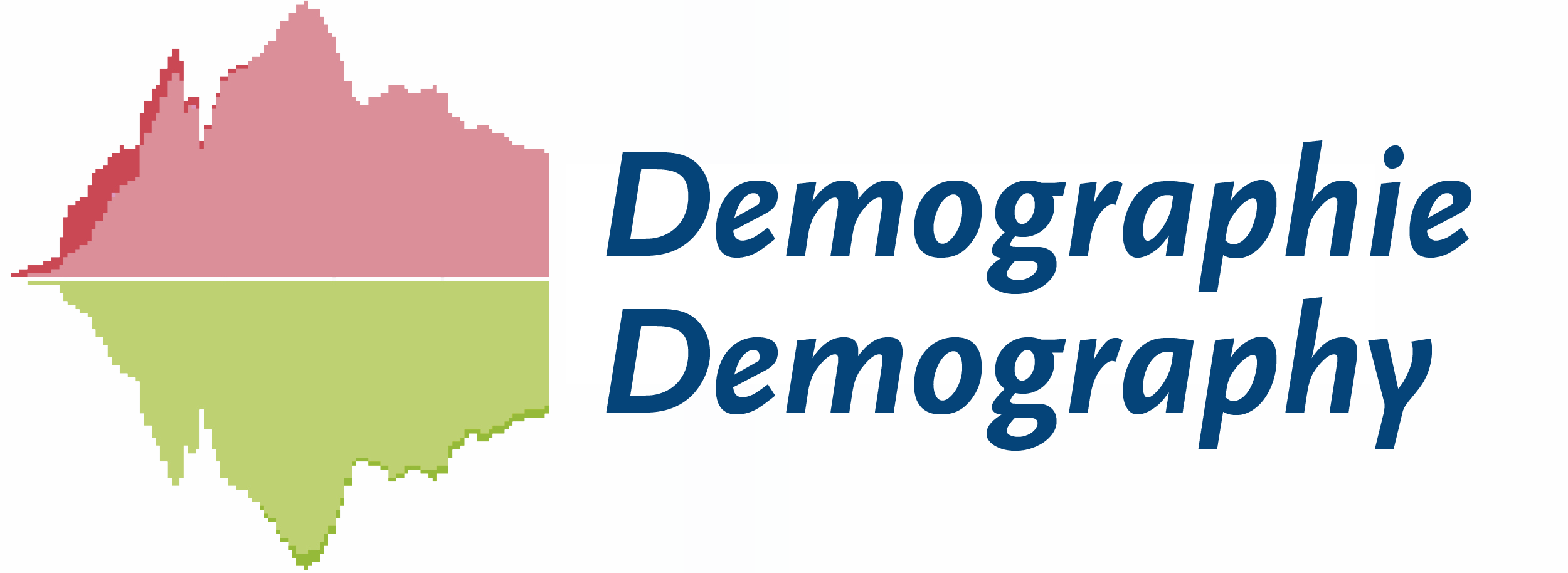Women’s Agency and Fertility in Egypt
Content and Goals
The goal of this project is to provide evidence on the relationship between women’s agency and fertility in Egypt. Egypt is the most populous country in the Middle East and North Africa (MENA), a region where strong patriarchal norms and generally low levels of women’s agency prevail. In this context, fertility is very important for women’s social position, and motherhood is almost universal. Based on a life course perspective, which considers women’s agency and fertility as sequentially linked, we pose two research questions: (1) Does women’s agency affect their fertility desires and number of children in Egypt? (2) Do motherhood or subsequent births affect women’s agency in Egypt? There are no longitudinal studies that provide causal evidence on these two research questions. While there exist many cross-sectional studies on the first question in South Asia and sub-Saharan Africa, very few studies were conducted in the MENA region. Across all world regions, there is a considerable gap of knowledge on the reverse effect, how fertility affects women’s agency. The proposed research will apply methods that allow to identify causal effects under weaker assumptions than in previous studies. Data from the Egypt Labor Market Panel Survey (ELMPS), the Harmonized Survey of Young People in Egypt (HSYPE), and the Demographic and Health Surveys (DHS) will be used. Research on women’s agency is important, as it is a relevant predictor of women’s and their children’s health and well-being as well as of societal development. Some scholars consider increasing women’s agency as a strategy to lower fertility. Therefore, knowledge of how agency and fertility influence each other may be particularly relevant for Egypt, where fertility recently increased. The anticipated results are expected to add substantially to both scientific and public discussions.
